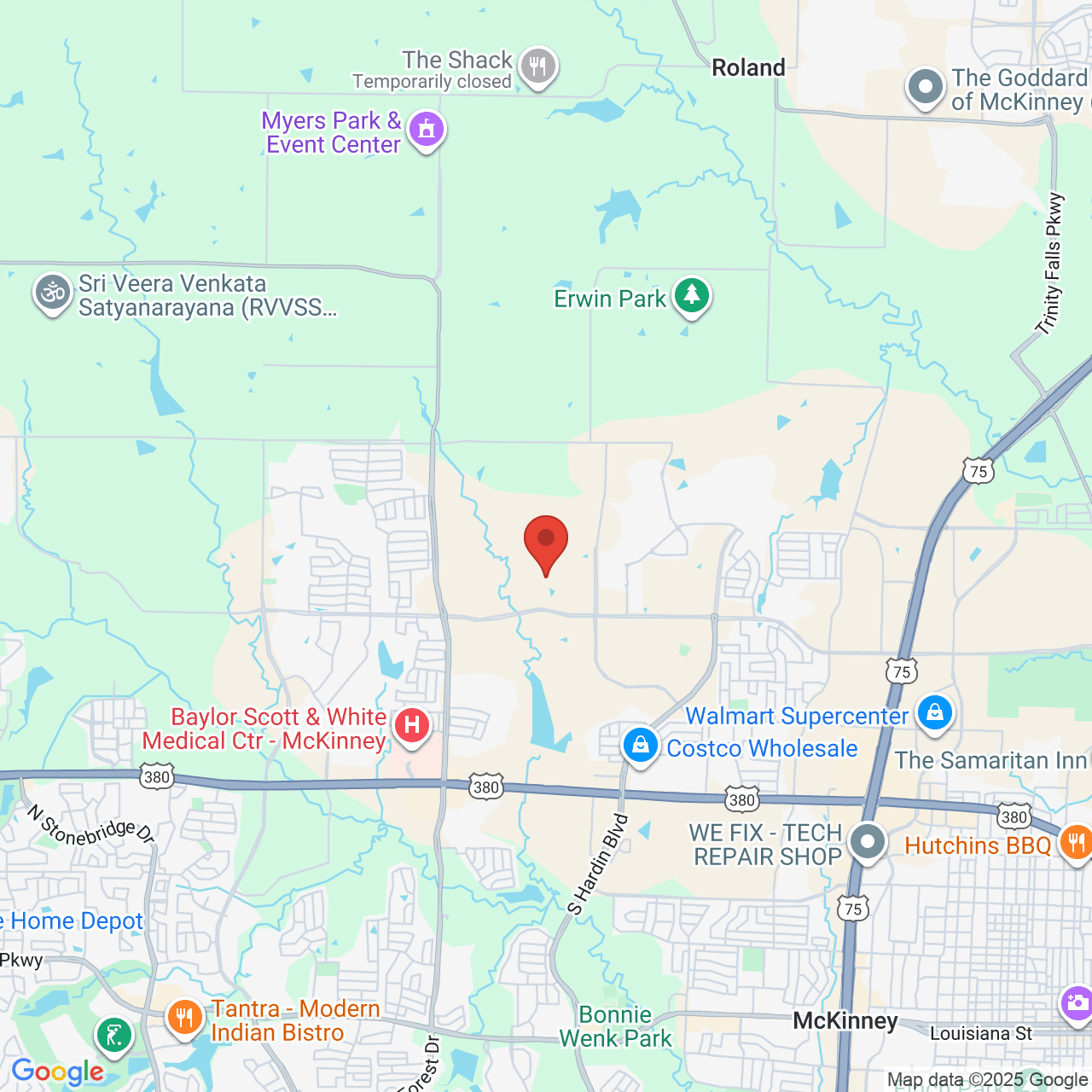What Is Non-physical Sexual Harassment?
 Employees deserve to work in a safe environment. In fact, employment laws guarantee workers a workplace that is free of discrimination and harassment. Despite these laws, employers often fail to protect their employees as they should, leaving many to face harassment. One form of harassment is sexual harassment.
Employees deserve to work in a safe environment. In fact, employment laws guarantee workers a workplace that is free of discrimination and harassment. Despite these laws, employers often fail to protect their employees as they should, leaving many to face harassment. One form of harassment is sexual harassment.
Sexual harassment is commonly thought of as unwanted physical advances, but sexual harassment does not have to involve touch. Non-physical sexual harassment can be just as threatening, and it is illegal. Sexual harassment lawyer Dan A. Atkerson can help employees in the Allen, Plano, and Frisco, TX, area go after employers who have allowed a sexually charged environment in their workplace.
Physical vs. Non-physical Sexual Harassment
Physical sexual harassment is one of the most widely reported forms of harassment, most likely because it is very easily defined and identified. If a co-worker or employer makes unwanted physical contact, which may include hugs, kisses, or other unwanted touching--that is physical sexual harassment.
Though not always as easily recognized, non-physical sexual harassment can cause just as much discomfort as physical advances. Non-physical sexual harassment is any type of unwanted sexual advances that are verbal in nature. While these types of sexual harassment are not typically reported at the same frequency as physical sexual harassment, they frequently occur in the workplace.
Catcalling or Lewd Remarks
One clear type of non-physical sexual harassment is catcalling. Catcalling involves whistling, calling out names (babe, cutie, hottie, etc.), or making other comments of a sexual nature. But verbal sexual harassment doesn’t have to be directed at the recipient. Lewd sexual remarks are also a form of sexual harassment. This can include making sexual comments about someone else, or telling a dirty joke.
It is important for individuals to understand that remarks do not have to be overtly sexual to qualify as sexual harassment. Any gender-based comment that is sexist in nature can be classified as sexual harassment. For example, making comments that a woman belongs at home is a form of sexual harassment.
Requesting and/or Demanding Sexual Favors for Work Benefits
A non-physical type of sexual harassment that can occur among supervisors or bosses is using their authority to request or demand sexual favors in exchange for certain work benefits. Sexual favors may be used as leverage for promotions, pay raises, the approval of a vacation request, or other advances.
Employers may also threaten retaliation if a sexual advance is denied. For instance, authoritative figures may tell an employee that they will be fired or demoted if they do not provide requested sexual favors.
Spreading Rumors of a Sexual Nature
Making comments behind someone’s back is another type of sexual harassment. If rumors are spread in the workplace, especially those that are sexual in nature, it can make someone feel very uncomfortable or unsafe at work. This type of behavior should be reported.
Reporting Sexual Harassment
Sexual harassment in the workplace should be reported to the Human Resources department. However, we encourage sexual harassment victims to contact a sexual harassment lawyer as well. A sexual harassment lawyer, like Dan A. Atkerson, can determine if there is grounds for a sexual harassment lawsuit. If so, victims can go after their employer and hold them accountable for any damages related to the sexual harassment, which may include emotional distress and lost wages.
Contact Us
If you are being sexually harassed at work, attorney Dan A. Atkerson is ready to fight for the safe work environment that you deserve. To discuss the details of your situation, contact us online to schedule a personal consultation, or call our law firm at (214) 383-3606.



